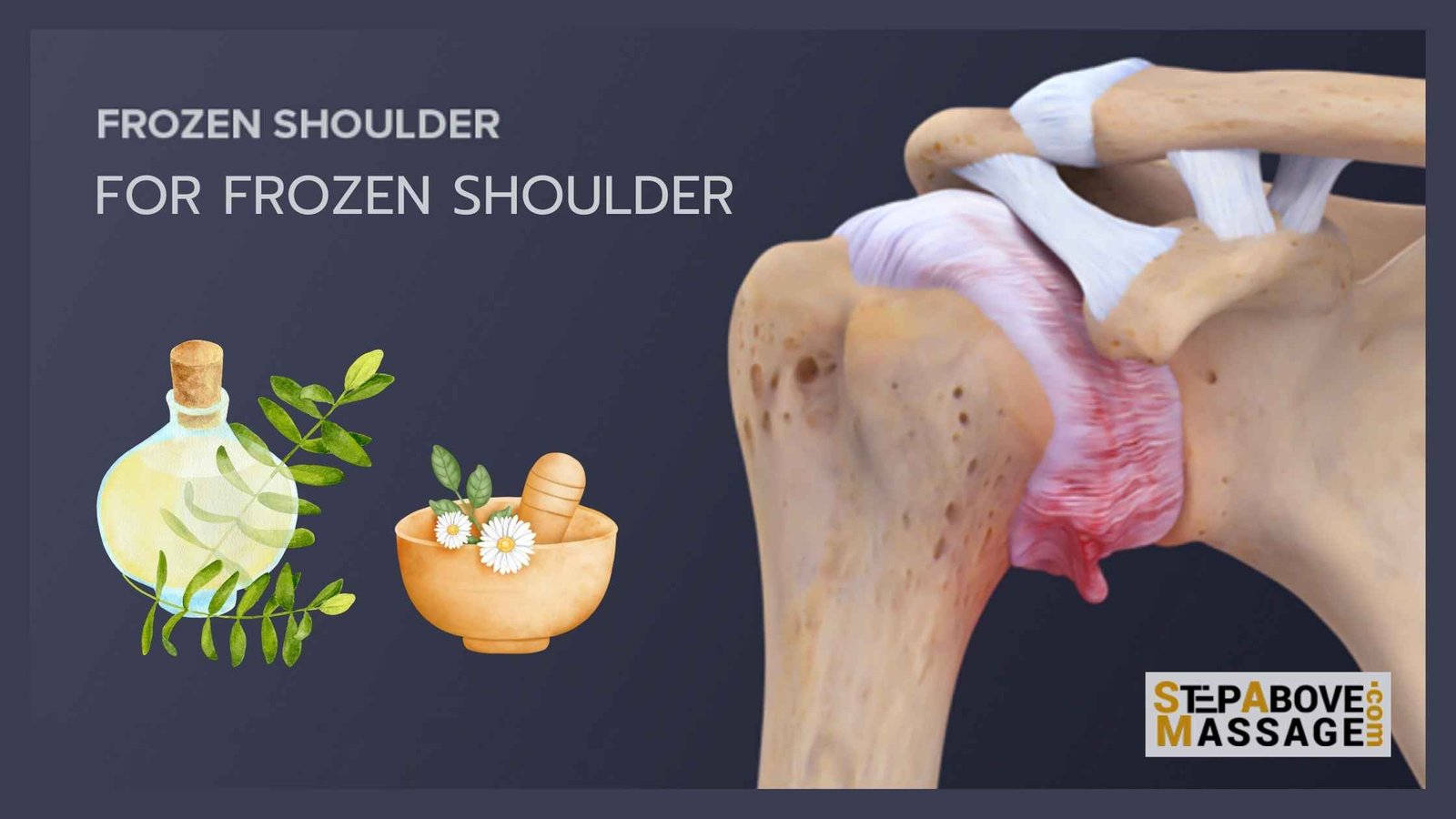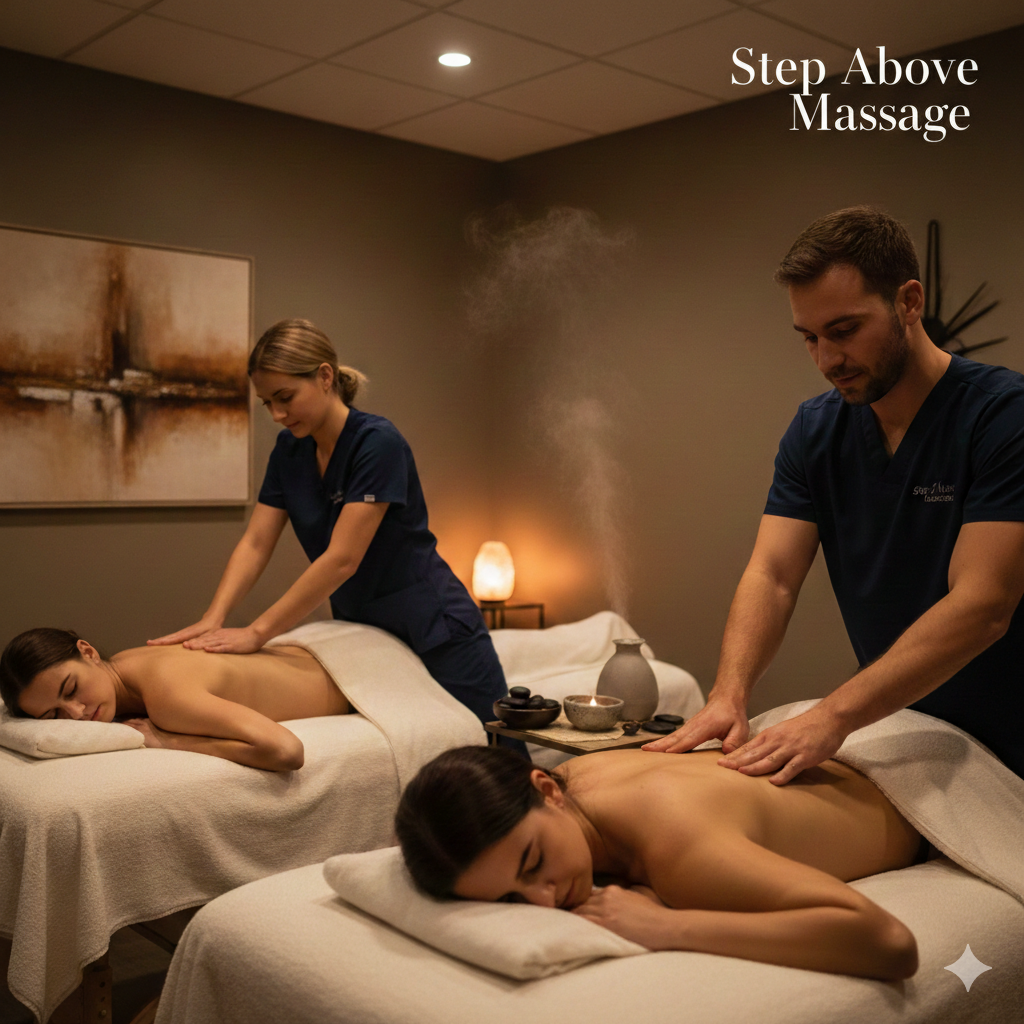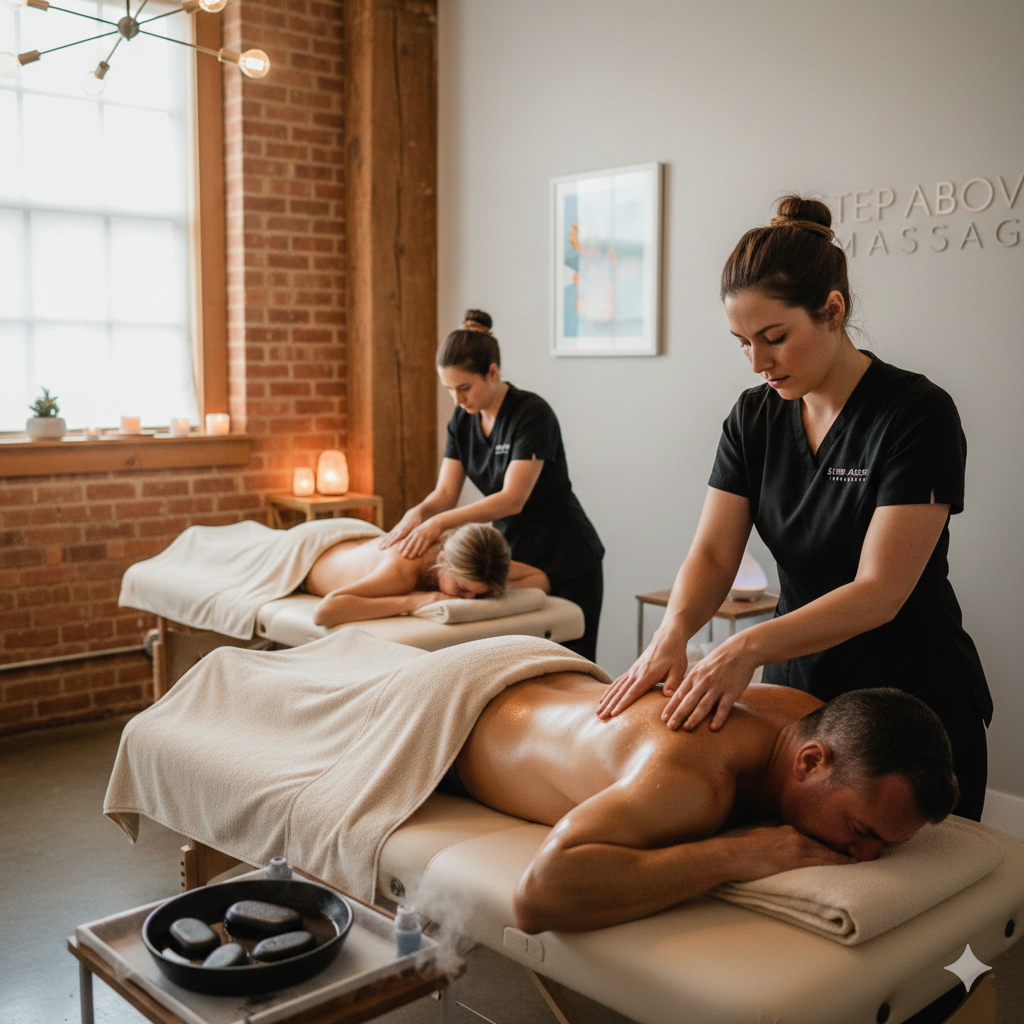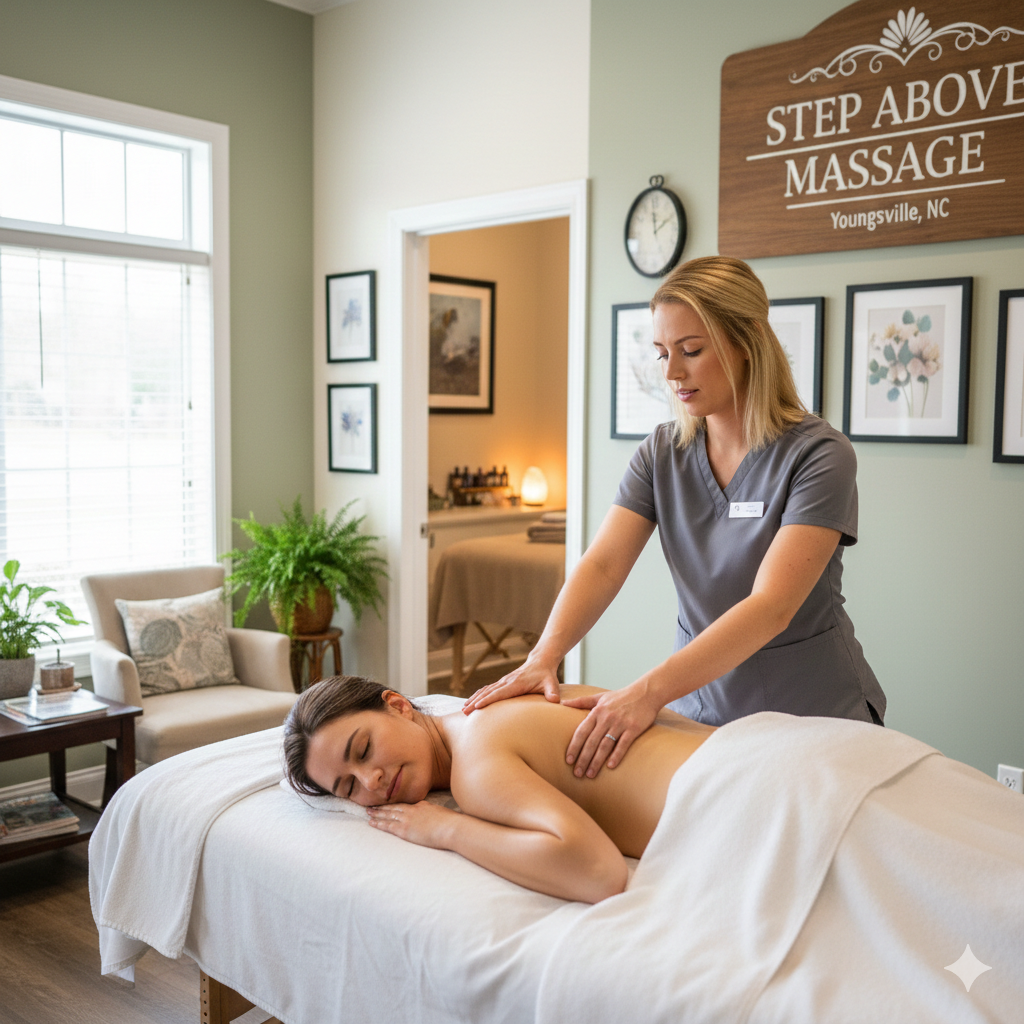Would you not agree that a stiff shoulder is the most painful of all? In other words, it tightens the flab of your physique and restricts you from performing even the minutest of daily activities. I know that feeling, and it is annoying. At times when the first thing that comes to your mind is taking any kind of medication or treatment, it is often the easiest way to relieve the discomfort. Natural solutions are among those that work effectively. One of them is essential oils.
Essential oils are not only a source of fragrance but also effective in treating frozen shoulders when used in the right manner. In this blog, I will outline the steps to help you use essential oils for pain in the shoulder, to increase mobility, and to create an overall healthier you.
What is a frozen shoulder?
Before diving in with the essential oils, let’s first understand what the frozen shoulder is. If you are experiencing it, you probably know that your shoulder has turned stiff with pain and grown difficult to move. Frozen shoulder, on the other hand, usually refers to adhesive capsulitis, which explains the conditions that involve the tissues around the shoulder joint tightening up and inflammation. In turn, with time and as this progresses, it may lead to lower movement ability and considerable pain.
The symptoms tend to come on gradually and may persist for months or even years. Three stages:
- Freezing Stage: The pain is increased and the movements become restricted.
- Frozen Stage: Pain may subside; however, stiffness and limited movement persist.
- Thawing Phase: Change in shoulder range of motion starts.
Now, let’s get to the point you came here for: essential oils can help.
Why use essential oils for frozen shoulder?
And, most importantly, you need to be concerned with the question, “Why is the use of essential oils incorporated?” Essential oils are pure plant extractions that have been employed in various countries for a long time to enhance their healing properties. They can be used for increasing relaxation, pain relief, and reducing inflammation. These are the ideal chemicals that you the uptight should be enjoying.
From my own story as well as the information I found, here is the main stuff:
- Analgesia: Oils such as lavender and peppermint are known for their natural relieving properties. This means they are good for managing pain without the use of medicine.
- Anti-inflammatory Influence: Eucalyptus or chamomile oils are substances that are rightfully accredited for their capability of calming inflammation, pain, and swelling.
- Better Blood Flow: Certain botanic life like rosemary contribute to the improvement of blood circulation, so blood is carried to the injuries where it is needed to heal and recover.
The good news is that essential oil usage results from simplicity, savings, and home-based applications.
Best Essential Oils for Frozen Shoulders
When it comes to choosing the right essential oils, you want to focus on oils that reduce pain, inflammation, and stiffness. Here are some of my top recommendations:
- Lavender Oil
One of the advantages of lavender oil is that it can calm someone’s anxiety, yet this essential oil can also be powerful in treating pain. It is an anti-inflammatory agent that is good not only for treating the pain of a frozen shoulder but for calming the inflamed area as well. Moreover, the beautiful scent that lavender gives off can bring a sense of relaxation and relieve someone from stress and tension that is causing the pain to be worse.
How to use it: Mix a little lavender oil with a carrier oil (like coconut or almond oil) and massage it gently into your shoulder. You can do these two to three times every day for the best results.
- Peppermint Oil
Many people find that peppermint oil is one of the most effective natural cures for pain in frozen shoulders. It comprises menthol, which is the active substance responsible for the cool sensation, necessary to relieve and reduce the swelling in the shoulder. Her neck along with the shoulder can hurt you a lot when sitting for a long time, and that’s the moment not to miss peppermint oil.
How to use it: Make a little mixture that consists of two drops of peppermint oil and the base oil. After that, apply it to the specific area. At first, you will have a cool, tingling sensation, which can relieve the pain immediately.
- Eucalyptus Oil The frozen
Since eucalyptus oil is highly effective in reducing the problem of inflammation, it can be used as an excellent home remedy for frozen shoulder. Additionally, it improves blood flow, and with it, the healing process is likely properly increased.
How to use: Mix a few drops of the essential eucalyptus oil into any carrier oil and gently massage your shoulder, or mix into a warm bath for some good old-fashioned R&R.
- Chamomile Oil
Another great anti-inflammatory oil that relaxes is camomile. Frozen shoulder would also find its best remedy with chamomile, soothing the pain and decreasing the complete stiffness forbidding movement.
How to use: Apply the chamomile oil to your shoulder cup mixed with carrier oil and massage in a circular motion. This will help sleep more soundly if done at night because the natural effects of chamomile promote relaxation.
- Rosemary Oil
Rosemary oil serves as a strong anti-inflammatory agent and enhances the flow of blood in the body. This is great because it helps to improve pain and quicken recovery.
How to use it: Massage it into a blend of oils to use in a massage or add it to a hot compress and place it over your shoulder for added relief.
How to Apply Essential Oils for Maximum Benefits
With essential oils, consistency and technique are everything. I have tried a few different methods, and the following work best for me:
- Massage
Massage is, of course, one of the most wonderful ways to administer essential oils. This is because, while it permits absorption through the skin, the manipulative action involved tends to relax muscles and improve blood flow.
To make your massage oil, mix in 3-5 drops of the essential oil with a tablespoon of carrier oil. Gently massage it onto the shoulder, rubbing with your fingers in circular motions to work it into your skin. The best results for a massage oil like this would be two to three times a day.
- Warm Compress
A warm compress could help in dilating your pores, allowing the essential oils to penetrate deeper into your skin. This technique also adds heat to further alleviate pain and stiffness.
To have a warm compress, mix a few drops of your favorite essential oil into warm water, dip a clean cloth in the solution, wring it out, and place it over your shoulder. Leave it on for 10 to 15 minutes.
- Aromatherapy
Obviously, aromatherapy might not be directly targeting your frozen shoulder, but essential oils in a diffuser will help you relax, therefore benefiting from recovery indirectly. Stress may make the pain worse, while the calming effects of lavender or camomile make quite some difference.
Safety Tips for Using Essential Oils
Essential oils are generally considered safe, yet proper application can keep you out of irritation or any other potential side effects. Here are tips to consider:
- Dilute the oils: The essential oils are concentrated; hence, they always need to be diluted with a carrier oil before their application on the skin. Common carrier oils include coconut oil, olive oil, and almond oil.
- Patch test: Always do a patch test with any new essential oil used to make sure that one is not allergic to it. Using only a little of the diluted oil, apply it to your forearm and wait 24 hours to check if any irritation will have taken place.
- Avoid sensitive areas: Avoid applying essential oils near the eyes, mouth, or other sensitive areas. If you happen to notice that a few drops have found their way into one of these areas, anyway, just wash the area off with water.
- Consult your doctor: If you are pregnant, nursing, or have any serious medical conditions, consult your physician before using essential oils.
My Journey with Essential Oils for Frozen Shoulders
I have to say that the first time I used the essential oils, I was very skeptical that they were going to do anything whatsoever. But after weeks of pain and stiffness with a frozen shoulder, I was ready to give almost anything a shot. I began using the oils, massaging the lavender and eucalyptus into my shoulder morning and evening.
It was not some miracle, but gradually, after a few days, I felt less stiffness. The pain wasn’t extreme; my shoulder could move a little bit. Using essential oils developed over a few weeks. Essential oils, along with light stretches and physical therapy, seemed like big contributors to the progress of my recovery process.
All I want you to understand is that essential oils are not some magical cure, but they can easily help in managing the pain related to a frozen shoulder. If you use them in consistent and patient applications, they just may offer you the relief you have been seeking.
Using essential oils for frozen shoulders
If you have frozen shoulder, I know how it feels. Pain, stiffness, and frustration from not being able to move freely—that’s tough. But natural relief such as essential oils can provide alleviation. They are indeed easy, inexpensive to use, and offer a wide array of benefits other than pain relief.
Give them a try and observe your shoulder’s response. Remember, though, that essential oils are but one piece of the puzzle. Gentle stretches, ‘physical therapy’, and patience round out the rest.
And if you need additional help on your road to recovery, we provide one-on-one treatments for muscle pain and tension at our Wake Forest massage office and Raleigh, NC massage spa. Find out more about how we can help you on each page link and contact us.
FAQs
1. Can I use essential oils directly on my skin for frozen shoulder?
Essential oils should be diluted in appropriate portions before application with a carrier oil onto the skin. This is essential because essential oils are very potent. A normal proportion would be three to five drops of essential oil mixed with a tablespoon of carrier oil.
2. How often should I apply essential oils for frozen shoulder relief?
Essential oils work best if you use them two to three times a day. Frequency is, therefore, crucial when it comes to the use of these essential oils for pain. It’s advisable to massage your shoulder with oil in the morning and evening and, parallelly, use a warm compress.
3. Are there any side effects of using essential oils for frozen shoulders?
Though they are generally harmless, essential oils can cause skin irritations or allergic reactions in some individuals. Always do a patch test before introducing the new oil and necessarily dilute the oil with one carrier oil. Tell your doctor first if you’re pregnant or have a medical condition.






